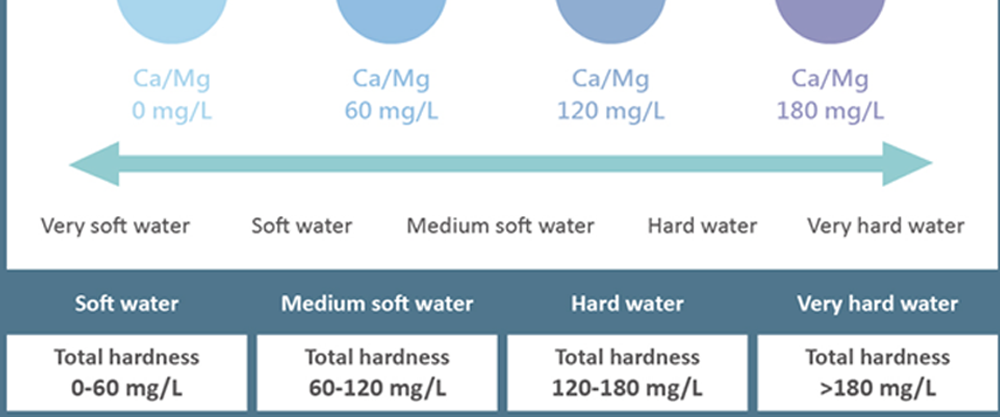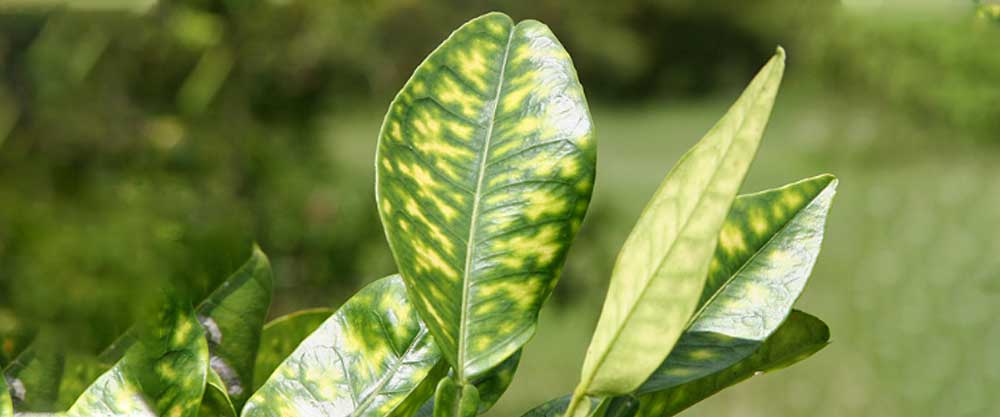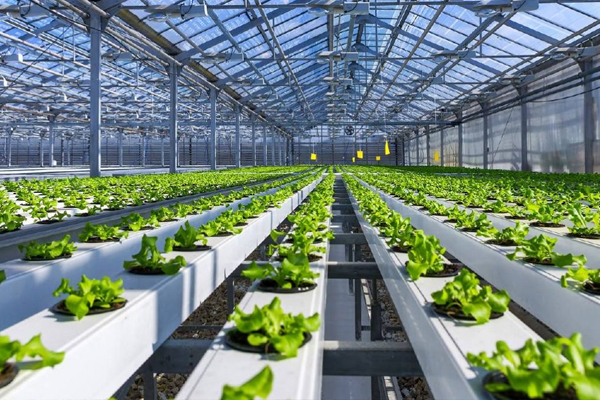The effect of water quality on the performance of herbicides
Water quality depends on the water source (rain, dam, river, aquifer, etc.) and season (such as heavy rain, drought).
Water quality characteristics that affect the performance of herbicides include:
Presence of fine particles: Dirty water has very fine particles of soil (clay and silt) suspended in it. These soil particles can absorb and bind the chemical and reduce its effect. This is especially true for glyphosate, paraquat, and diquat. Dirt can also clog nozzles, lines and filters, reducing the overall performance and life of the sprayer. As a guide, water is considered dirty when it is difficult to see a 10¢ coin at the bottom of a bucket of household water.
Water hardness: When water has a high percentage of dissolved minerals such as calcium, manganese or magnesium, it is called hard. Hard water does not lather with soap and can cause some chemicals to precipitate. To overcome this problem, sensitive chemicals often require the addition of agents. The 2,4-DB formulation is particularly sensitive to hard water (more than 400ppm CaCO3 equivalent). Other herbicides such as glyphosate, 2,4-D amine, MCPA amine and clopyralid can also be affected.
Hard water can cause precipitation of some materials, affect moisture absorption and dispersion properties of some surfactants.
Water pH: pH is a measure of acidity and alkalinity that varies between 1 and 14. A pH of 7 is neutral, less than 7 acid and more than 7 alkaline. Most natural waters have a pH of 6.5-8. In alkaline water (pH > 8), many chemicals undergo a process called alkaline hydrolysis. This process causes the active substance to break down into other compounds and reduce the effectiveness of the herbicide over time. This is one of the reasons why the spray mixture should not be left in tanks overnight. Acidic water can also affect the stability and physical properties of some chemical formulations.
Soluble salts: The total amount of mineral salts dissolved in water is usually measured in terms of the electrical conductivity (EC) of water. The EC of well and dam water is highly dependent on the salt level in the rock and soil that surrounds them. During drought, water salinity increases. Highly saline water can clog equipment and is more resistant to pH changes.
Organic matter: Water containing organic matter such as leaves or algae can clog nozzles, filters. Algae can also react with some chemicals and reduce their effectiveness.
Temperature: Very hot or cold water can affect the performance of some chemicals.
Herbicide tolerance to water quality

√: Tolerant, X: Do not use, NR: Not recommended, but if there is no other option, do not let the chemical mixture settle in the tank and spray immediately, test: Before use, mix herbicides and water in the mixture ratio. do. Do not use if any instability is observed.






